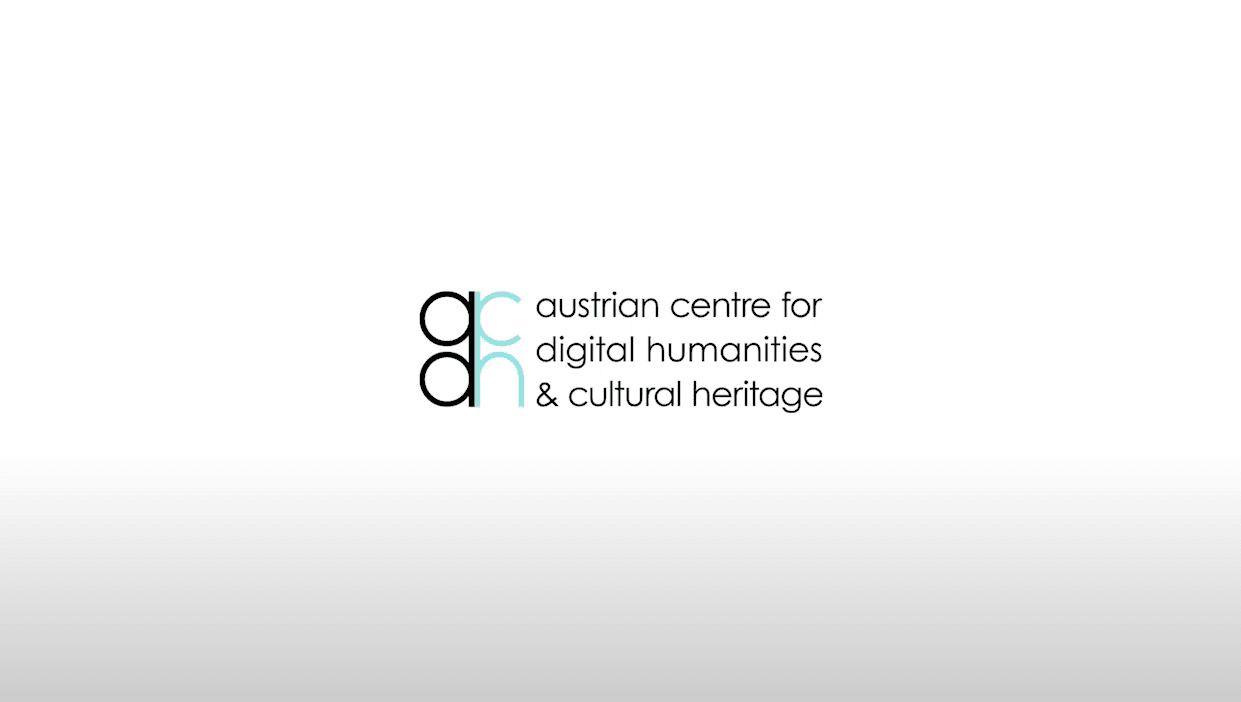Greek, Latin, Classics and the Need for a Global Philology
- Authors
This talk describes the results of planning work in Germany that aims to support a global philology. While a European Classical Philology may focus on Greek and Latin, Classical Philology must by default embrace every major Classical tradition including varying canonical forms of Arabic, Chinese, Sanskrit, Sumerian, Akkadian, and Egyptian. Within the EU, only 5 of 24 languages are spoken by more than 1% of the population, posing a challenge to a shared European identity. A global philology seeks to address the challenge of living in and thinking about a hyperlingual world where we need to engage with more languages than we can study, let alone master.
Gregory Crane’s research combines classical philology and computer science with the aim to apply computer-based methods to the study of human cultural development. He owes his reputation as a pioneer of the digital humanities to his development of the Perseus Digital Library, a comprehensive, freely accessible online library for antique source material. From 1985, he was involved in planning the Perseus Project as a co-director and is now its Editor-in-Chief.
Learning Outcomes
After watching this lecture you should be able to:
- Understand the idea, importance and core topics of a global philology, embracing classical languages beyond Greek and Latin.
- Identify the academic landscape of classical and global philology.
- Distinguish core topics and categories of development for DH research in philology.
